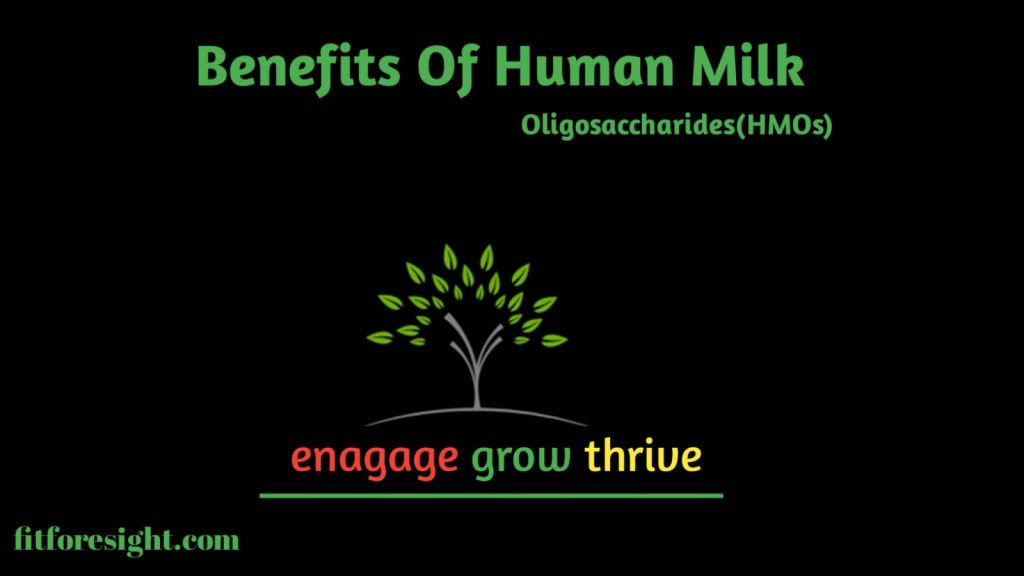Breast milk, often referred to as “liquid gold,” is a miraculous substance that nourishes and protects infants during their most vulnerable stages of life. Among its many components, Human Milk Oligosaccharides (HMOs) have emerged as unsung heroes. These complex carbohydrates, abundant in breast milk, play a pivotal role in supporting infant health, promoting a robust immune system, and fostering a balanced gut microbiome.
What Are Human Milk Oligosaccharides (HMOs)?
HMOs are a diverse group of complex sugar molecules found exclusively in human breast milk. They are the third-largest solid component in breast milk, after lactose and lipids. Remarkably, there are over 200 different HMO structures identified to date, making breast milk a unique and complex nutritional cocktail.
The Role of HMOs in Infant Nutrition
- Gut Health: HMOs act as prebiotics, feeding beneficial bacteria in the infant’s gut. This nourishes the gut microbiome, promoting the growth of essential probiotics while inhibiting harmful pathogens. A balanced gut microbiome is crucial for digestive health and immune system development.
- Immune System Boost: HMOs play a significant role in strengthening the infant’s immune system. They bind to pathogens and prevent them from adhering to the gut lining, reducing the risk of infections. HMOs also stimulate the production of immune-boosting substances, further enhancing the body’s defense mechanisms.
- Anti-Inflammatory Properties: Some HMOs exhibit anti-inflammatory properties, helping to reduce the risk of inflammatory diseases in infants. This can be particularly beneficial for premature infants who may be more susceptible to inflammation-related issues.
- Brain Development: Emerging research suggests that HMOs may play a role in supporting the development of the infant’s nervous system, potentially contributing to better cognitive outcomes.
The Exclusive Nature of HMOs
HMOs are unique to human breast milk and are not found in significant quantities in cow’s milk or formula. This exclusivity highlights the importance of breastfeeding as the best source of infant nutrition during the early stages of life.
Applications Beyond Infancy
While HMOs are most crucial during infancy, their potential health benefits extend beyond the baby years. Researchers are exploring how HMOs might be used in various applications, such as fortifying infant formula to make it more similar to breast milk, and even in the development of therapeutic interventions for adults.
Human Milk Oligosaccharides (HMOs) are a remarkable component of breast milk that contribute significantly to infant health, immune system development, and gut microbiome balance. Breastfeeding, with its rich HMO content, is not only a bonding experience between mother and child but also nature’s perfect way to nourish and protect the youngest members of our society. As we continue to unravel the mysteries of HMOs, their potential applications in infant nutrition and beyond are sure to shape the future of healthcare.

